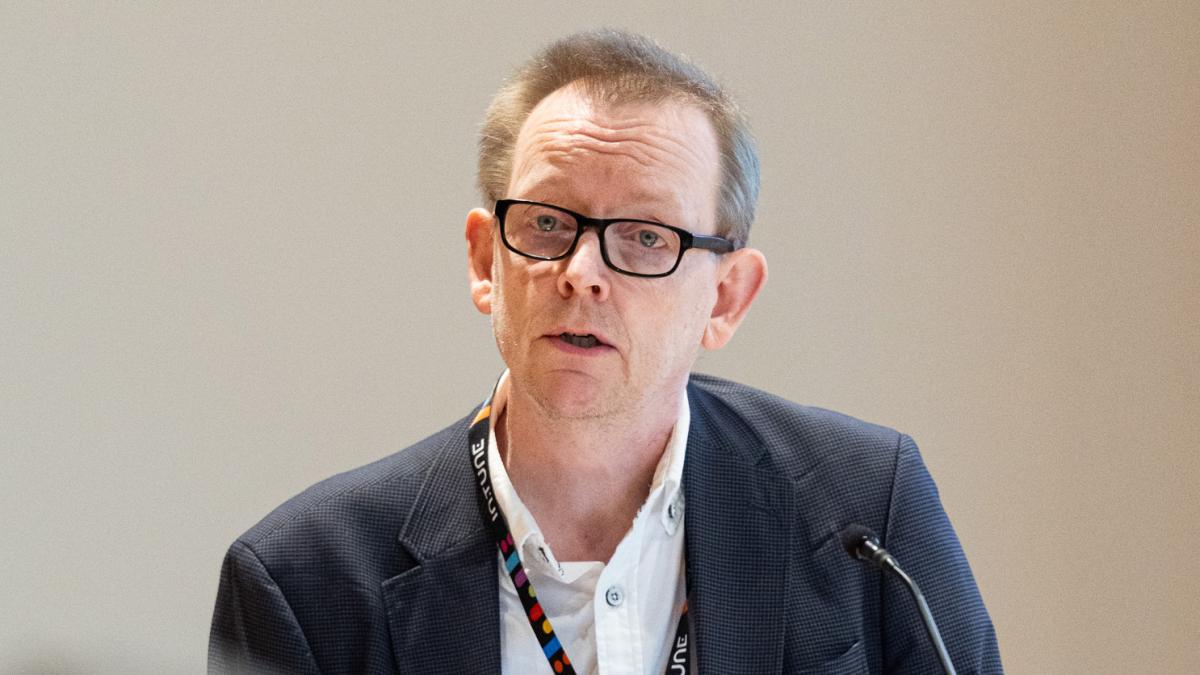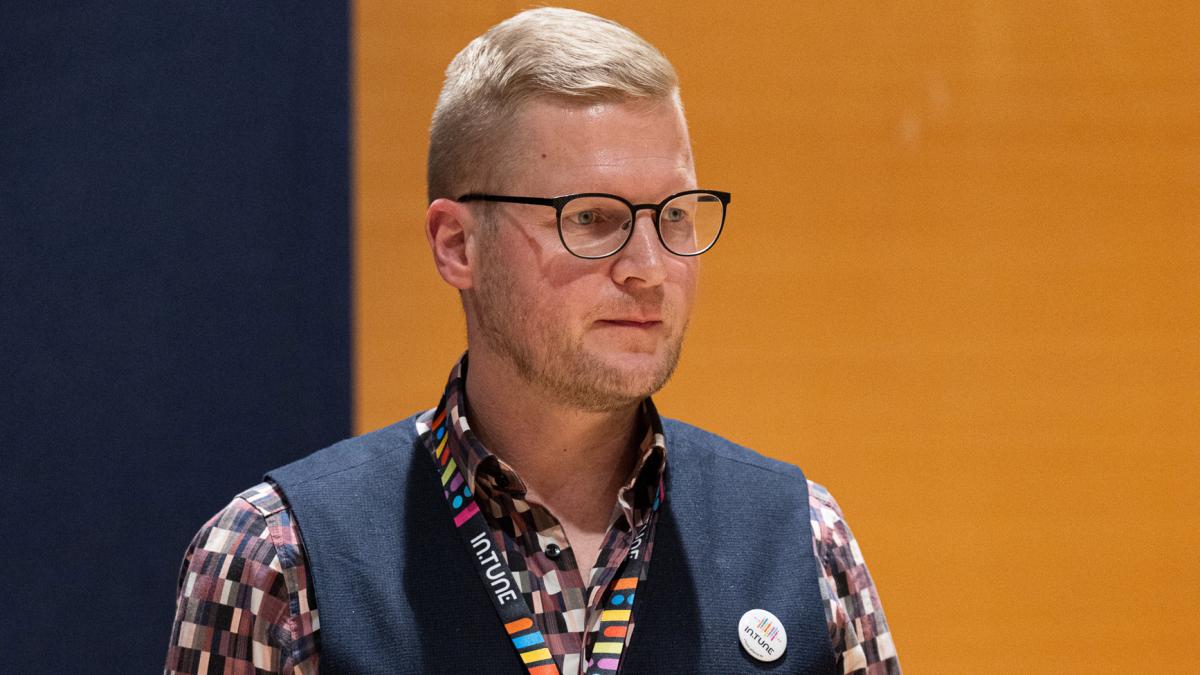“We are at a turning point”: IN.TUNE alliance highlights the future of European arts research
When the first AIRE event of the IN.TUNE alliance took place in Vienna in November 2025, Professor Juha Ojala from the Sibelius Academy followed proceedings with both enthusiasm and a keen critical eye.

AIRE (the Annual IN.TUNE Research in Education Event) united researchers, teachers and students to reflect on the future of research and research-based teaching. The University of the Arts Helsinki is responsible for coordinating the alliance’s research work package from 2024 to 2027. Ojala leads this effort and notes that the event meant far more to the alliance than simply a formal launch.
“Things are becoming tangible,” he says with satisfaction. “AIRE was the first time that people involved in research and education within the alliance came together to share and discuss a common future. We are now moving from strategic talk to concrete action.”
From conservatoires to Arts Universities — what comes next?
Ojala links AIRE to broader questions now facing the higher education sector in the arts.
“For example, the Sibelius Academy has travelled a long road from a music institute to a conservatoire, from conservatoire to a music university, and then becoming part of the University of the Arts Helsinki. The same trajectory has been seen in many other European music institutions. We are now at a point where we must seriously consider our relationship with research. Are we a research university, where teaching and research coexist within the same community, or are we a university that relies on research carried out elsewhere? What is the relationship between education and research at the heart of the institution? This debate is also closely tied to the vision work currently underway at the University of the Arts.”
Ojala acknowledges that these questions will not be resolved by a single AIRE event — nor outside the alliance.
“We are at a turning point. This change would come anyway, alliance or not. IN.TUNE, however, offers a forum where we can seek answers together over four years and ultimately distil them into guidelines for the future.”
Towards a European research community
The World Café sessions at AIRE explored topics such as researcher identity, the intersections of art and science, and the role of digital platforms. Since spring 2025, the IN.TUNE research community has also been connecting through a shared Knowledge Hub platform.
“The Knowledge Hub is a collaborative space and meeting point. If used well it can grow into a living community.”
The first Knowledge Hub, launched in spring 2025, began as a simple mailing list to encourage low-threshold participation. Plans are now underway to expand it into a pan-European research platform within the Research Catalogue, enabling collaborative production, sharing and publishing of diverse materials, as well as hosting virtual events.
“At AIRE we already saw a prototype of this transition, and it points us the way forward. This is concrete work on which something lasting can be built.”
Ojala describes the alliance as a kind of laboratory: it is a place to test structures that a single institution could not trial alone.
“IN.TUNE is an opportunity to consider how arts universities can shape the future together. What do we want to be? How do we integrate art, research and teaching so that they support one another and none is overshadowed? For the partners involved, the alliance is a chance to become a stronger part of a European research community by helping to build it.”
Strengthening research-based approach to teaching”
The AIRE event also welcomed Tuuli Talvitie, Vice Dean for Research at the Sibelius Academy, and Samuli Korkalainen, specialist in Doctoral Education services. At the Sibelius Academy, they are leading a project aimed at strengthening research orientation and research-based teaching across all programmes and subject areas. Korkalainen also represents the University of the Arts Helsinki in the IN.TUNE working group that designed and delivered the AIRE event in Vienna, and he oversees the Knowledge Hub.

“Research orientation is a broader concept than research itself,” Korkalainen points out. “It is largely about the identity of a university teacher. Even if one is not an active researcher, many teach with a distinctly research-informed approach — drawing on evidence, reflecting on their own practice and framing it conceptually.”
In conversations with staff, Talvitie and Korkalainen have noticed that many teachers experience their research-oriented work as solitary. This is why it is essential to create forums and platforms for sharing experiences and ideas.
“This is where IN.TUNE and our Knowledge Hub come in,” says Korkalainen. “They open doors beyond our own university to a Europe-wide community and offer inspiration on how things are done elsewhere. For this reason too, AIRE was an important meeting point.”
IN.TUNE is the first European alliance uniting eight universities in the field of music and the arts. Together, they aim to enhance the quality, impact and international competitiveness of arts education and research in the long term. The European Commission has granted IN.TUNE funding for 2024–2027. The first Annual IN.TUNE Research in Education Event AIRE was organised in Vienna, Austria, on 3-4 November 2015. Read more about the IN.TUNE university alliance.